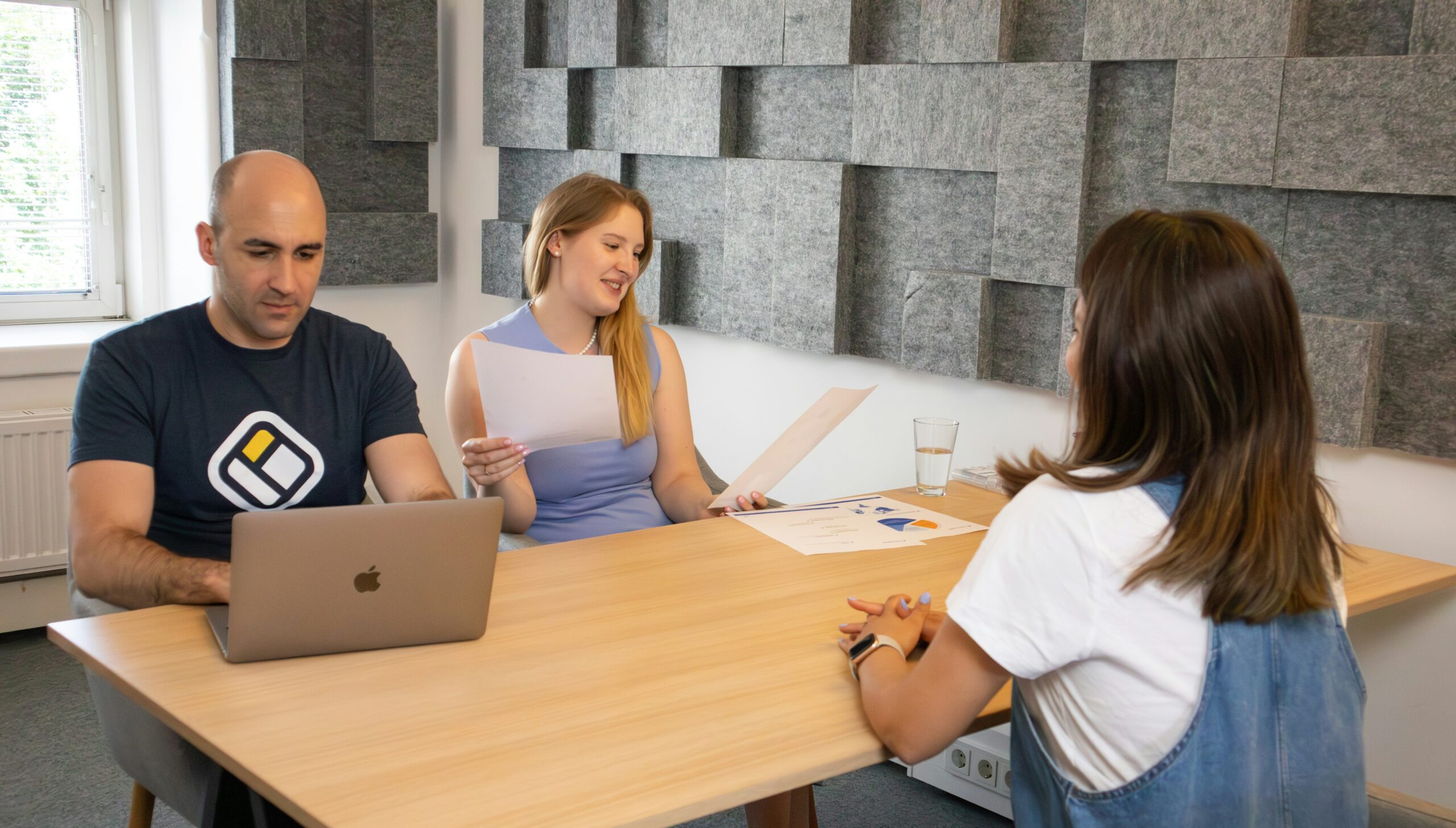A survey of just over 1,000 young people across the UK has shown that two fifths (40%) believe that being neurodivergent, often with conditions such as ADHD, dyslexia, autism and dyspraxia, could be a barrier to gaining employment or receiving a promotion in the workplace.
The survey was commissioned to provide an indicative snapshot of the career aspirations and challenges young people face and their beliefs of the workplace, canvassing the views of those aged between 18-25 years old.
The survey found that almost three quarters (74%) of those who are neurodivergent have experienced feeling out of place, different or inadequate compared to their colleagues and peers in the workplace or at university. A similar number (68%) with mental health conditions have experienced the same.
These beliefs and feelings of unease prevail in the interview process. Of those who identified themselves with a neurodivergent condition, over half (52%) said they wanted to change or hide that during an interview. Respondents also cited having a physical disability, an accent and their sexuality as things they wanted to conceal or change during the interview process.
Sarah Hillary, Partner and Equality, Diversity & Inclusion Lead at BDO, said: “Whether already in the workplace or at the very start of their career, what this survey shows is that the belief systems our young people hold are still ingrained in outdated opinions and workplace practices.
“Embracing neurodiversity, and indeed all our differences, in the workplace is not just a moral imperative — it brings benefits to both employees and organisations.
“It’s crucial for businesses to foster an inclusive culture where every individual feels valued and empowered. We need to show young people entering the workplace that diversity of thought drives success and, by valuing our differences, we unlock a wealth of creativity and innovation.”
CASE STUDY
Alistair Doran works at BDO and is the Head of Digital Product Management. He manages a portfolio of 40 digital products, working strategically across the life cycle of each to ensure continual improvement and development. Diagnosed with dyslexia at a young age, and more recently with ADHD, Alistair said he felt a lot of frustration during his school days because he didn’t learn in the same way as his peers.
“Growing up I had a thirst to learn but I struggled and was often told I was lazy,” says Alistair. “By the time I was in my late teens, I recognised that I had an ability to see things differently and problem solve in a way others couldn’t. That is one of the gifts of being dyslexic.
“If I was to offer any advice to neurodivergent young people today, it would be to embrace it. When you feel confident about who you are and what you need, then you’ll feel more likely to ask for it. An accessible and inclusive employer that embraces diversity of thought and helps progress young peoples’ careers equally should be available to everyone.”
*Young Minds survey was commissioned by accounting and business advisory firm BDO









